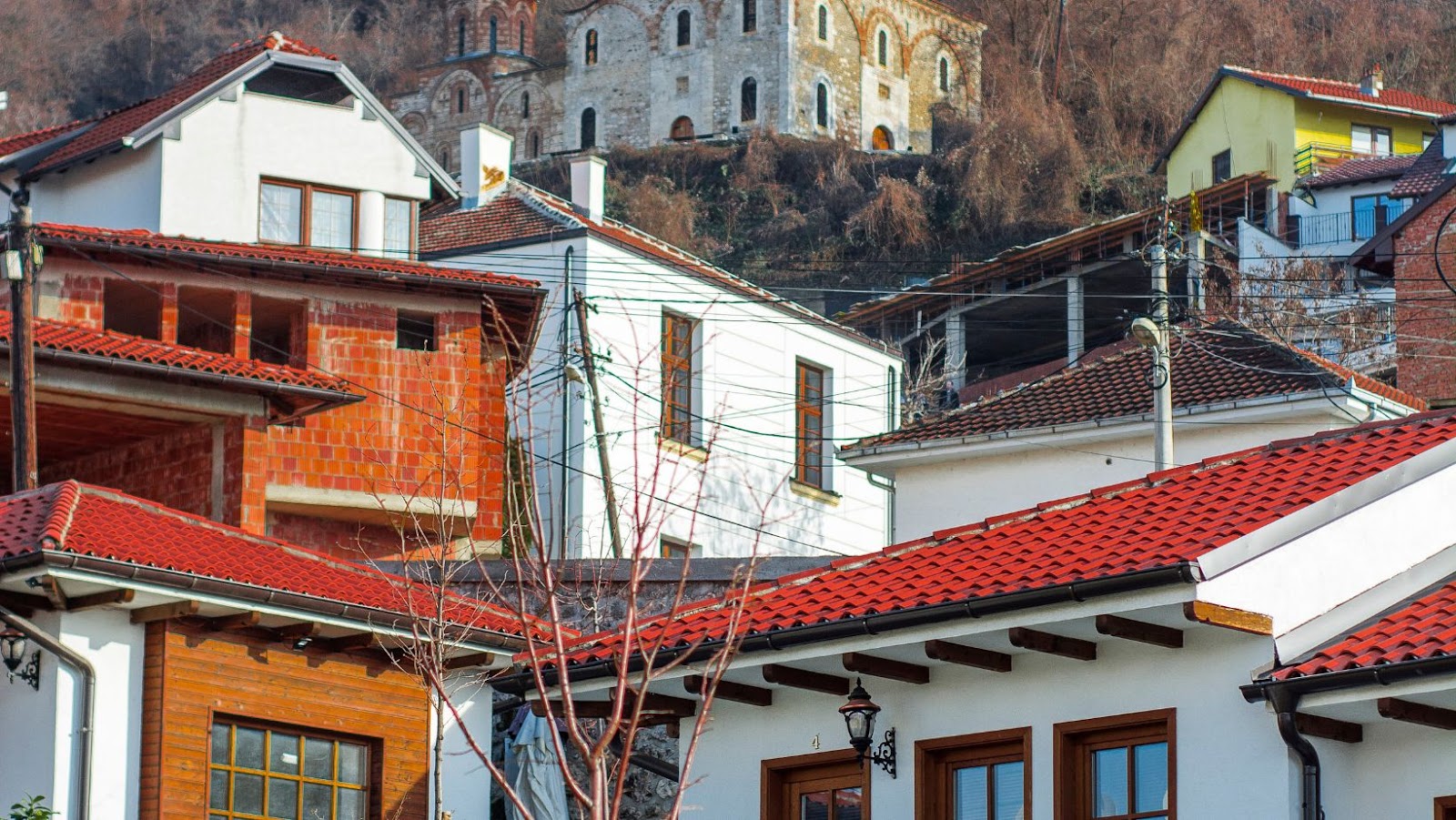Life in Kosovo Today
Life in Kosovo today offers a unique blend of challenges and opportunities. As I delve into the current state of affairs, I find myself intrigued by the resilience and determination that permeate the daily lives of its people. From bustling cities to picturesque rural areas, Kosovo presents a mosaic of cultures, traditions, and aspirations.
One aspect that stands out is the evident progress in infrastructure development. Over the years, significant investments have been made to improve roads, public transportation systems, and utilities. This has not only enhanced connectivity within the country but has also contributed to attracting foreign investment and fostering economic growth.
Another notable facet of life in Kosovo today is its vibrant cultural scene. The country boasts a rich heritage influenced by various civilizations throughout history. Traditional music, dance, and art continue to thrive alongside modern expressions. Festivals celebrating local customs attract both locals and tourists alike, creating a sense of unity and pride among the population.
Despite these positive developments, it’s important to acknowledge that challenges persist. Unemployment rates remain high, particularly among young people who face difficulties in finding suitable job opportunities. Additionally, access to quality healthcare services and educational resources can still be improved.
In conclusion, life in Kosovo today is marked by progress as well as ongoing struggles. Through determination and innovative endeavours, Kosovars are shaping their own destiny while preserving their unique identity. As I explore further into this topic, I am eager to unravel more about this fascinating country’s journey towards prosperity.
Life in Kosovo today presents a complex blend of political dynamics and socio-economic challenges. The current political situation in Kosovo is characterised by a delicate balance between internal governance and international involvement.
The Current Political Situation
Kosovo’s political landscape is shaped by its ongoing quest for statehood recognition and the complexities arising from its status as an independent country. Here are some key points to consider:
- Political Institutions: Kosovo operates under a parliamentary democracy, with a multi-party system driving the decision-making process. The Assembly of Kosovo, comprising 120 members, serves as the legislative body.
- Government Structure: The government consists of the Prime Minister, who heads the executive branch, and various ministries responsible for governance across different sectors.
- International Involvement: Kosovo enjoys support from many countries around the world; however, it continues to face challenges related to recognition by certain nations. International organisations like the European Union (EU) and United Nations (UN) play important roles in facilitating dialogue and supporting development efforts.
- Inter-ethnic Relations: Kosovo’s society is diverse but still grapples with tensions between ethnic communities, particularly between Albanians and Serbs. Efforts are being made to promote reconciliation and foster inclusive policies.
- Economic Development: Sustained economic growth remains a priority for Kosovo’s government as it strives to improve living standards for its citizens. Structural reforms aimed at attracting foreign investment and fostering entrepreneurship are underway.
- Integration Processes: Enhancing regional cooperation and pursuing EU integration are among Kosovo’s long-term goals. This involves aligning legislation with EU standards, strengthening democratic institutions, and addressing issues such as corruption and organised crime.
- Youth Empowerment: Recognizing that young people constitute a significant portion of the population, initiatives promoting education, employment opportunities, and youth participation in decision-making processes have gained prominence.
- Infrastructure Development: Investments in infrastructure, including transportation networks and energy systems, are crucial for Kosovo’s sustainable development. Efforts are being made to improve connectivity both within the country and with neighbouring regions.
- Challenges Ahead: Despite progress, Kosovo faces various challenges such as high unemployment rates, brain drain, inadequate healthcare services, and environmental concerns. Addressing these issues requires concerted efforts from both the government and civil society.
In conclusion, life in Kosovo today is shaped by a complex political landscape and ongoing efforts to strengthen governance structures, foster economic development, and promote social cohesion. While challenges persist, there is an evident determination to create a brighter future for all Kosovars.
